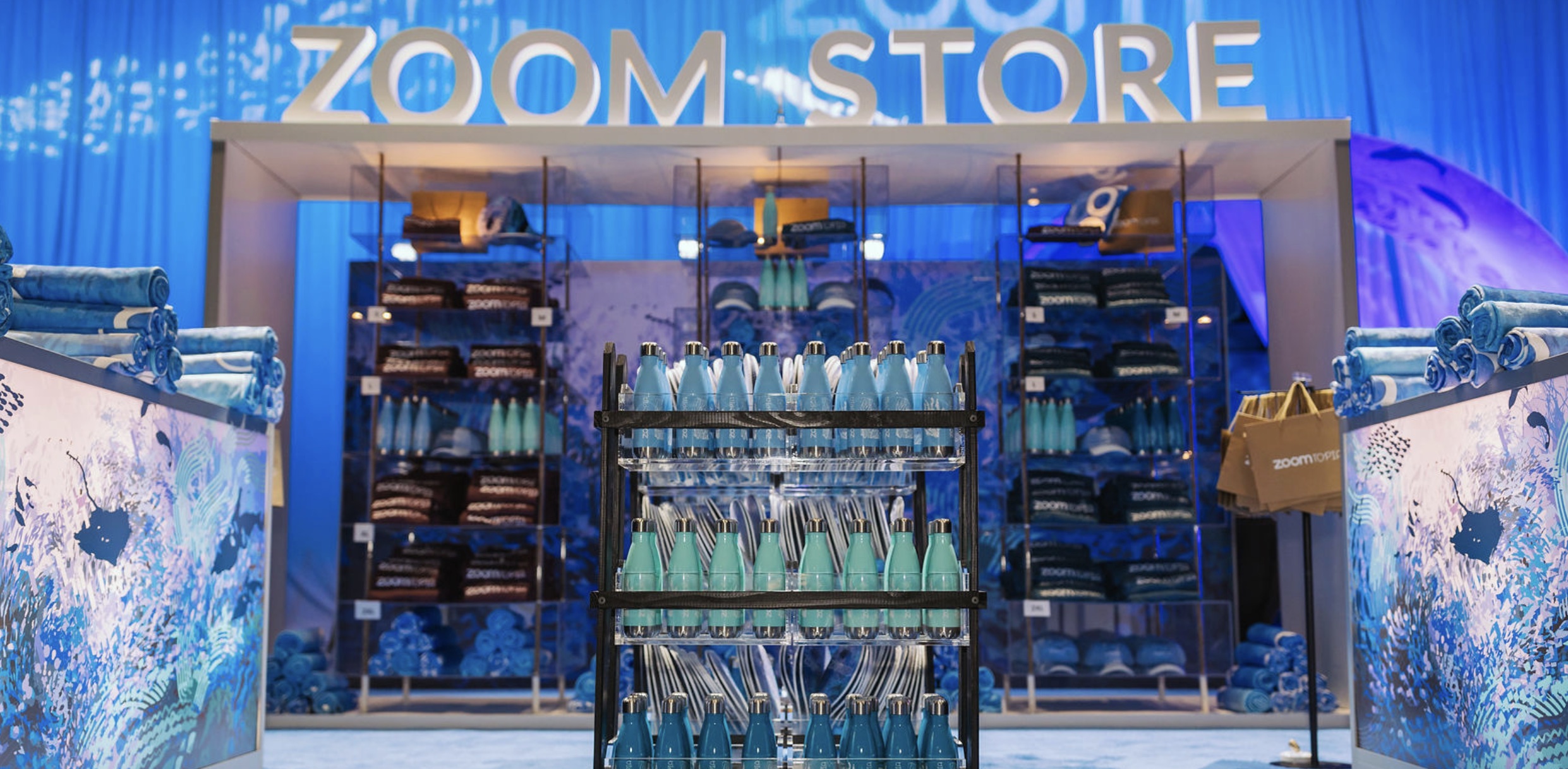What is an experiential event and how you can leverage it to generate leads.


Benefits Experiential Events Marketing
-
Increased brand awareness: Experiential events creates a unique and memorable experience for consumers, which can lead to increased brand recognition and awareness.
-
Customer engagement: Experiential events allows consumers to interact with a brand in a more personal and meaningful way, which can increase customer engagement and loyalty.
-
Data collection: Experiential events can provide valuable insights into consumer behavior and preferences, which can inform future marketing efforts.
-
Differentiation: Experiential events can set a brand apart from its competitors by offering a unique and memorable experience to consumers.

Types of Experiential Events
-
Brand Activation by Using interactive elements: There are countless ways to make events interactive – from games, challenges, scavenger hunts, and contests, all designed to draw people into engaging with your brand in new ways. Consider using technology such as augmented reality (AR) or virtual reality (VR) for even more immersive experiences!
-
Pop-up events: Temporary, experiential events designed to create buzz and engage consumers.
-
Product demonstrations: Hands-on opportunities for consumers to try out a product or service.
-
Immersive experiences: Interactive environments that allow consumers to fully immerse themselves in a brand or product (for example: allow customers to try on your brand.)
-
Personalizing the experience: Everyone has unique tastes and interests, so it’s important to create experiences tailored to these individual preferences. By getting to know your target audience, you can craft experiences that speak directly to them and generate stronger connections than a generic ad campaign ever could.
-
Encouraging customer feedback: Make sure you get feedback from participants after each event – this allows you to see what worked well and what could be improved upon for next time around. You can also use this data to gain insights into how people perceive your brand and how it stacks up against competitors in terms of interactions at events, etc.

Generic Tips for Successful Experiential Events Management:
-
Know your audience: Understanding your target audience is crucial to creating an effective and meaningful experience.
-
Define your goals: Determine what you want to achieve with your experiential marketing campaign and create measurable goals to track success.
-
Create a memorable experience: Focus on creating an experience that is memorable, unique, and emotionally engaging for consumers.
-
Utilize technology: Use technology to enhance the experience, such as virtual or augmented reality, or social media integration.
-
Measure and analyze results: Evaluate the success of your experiential marketing campaign by collecting data and analyzing it to inform future campaigns.
Read more about tips for a successful events on our next blog!


Interested in learning more about how Shiloh produces experiential events? Contact us today to get started!

